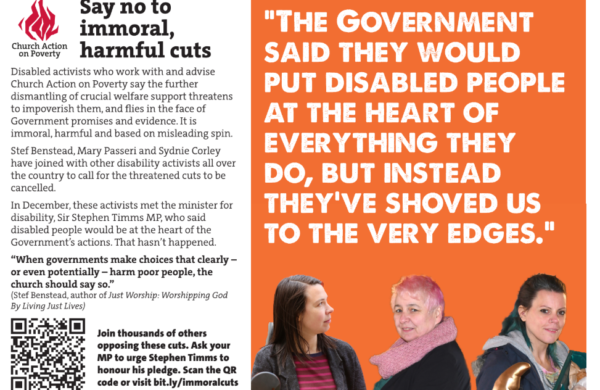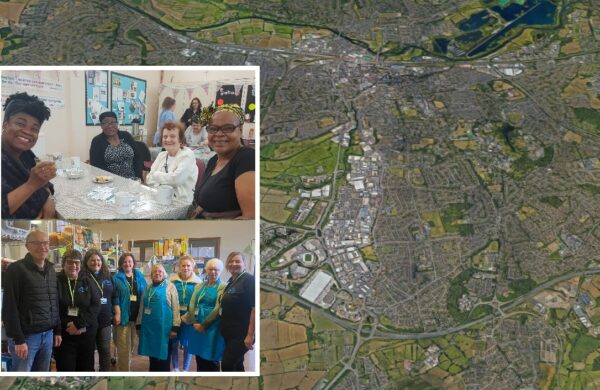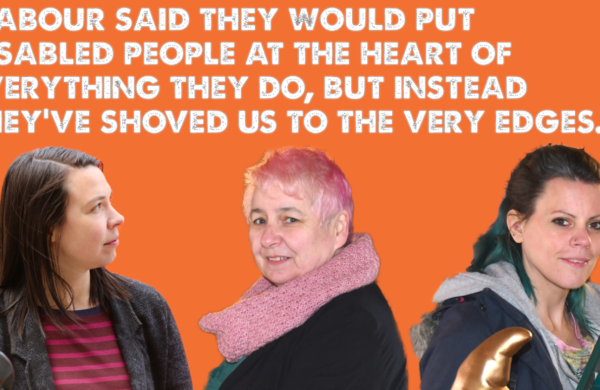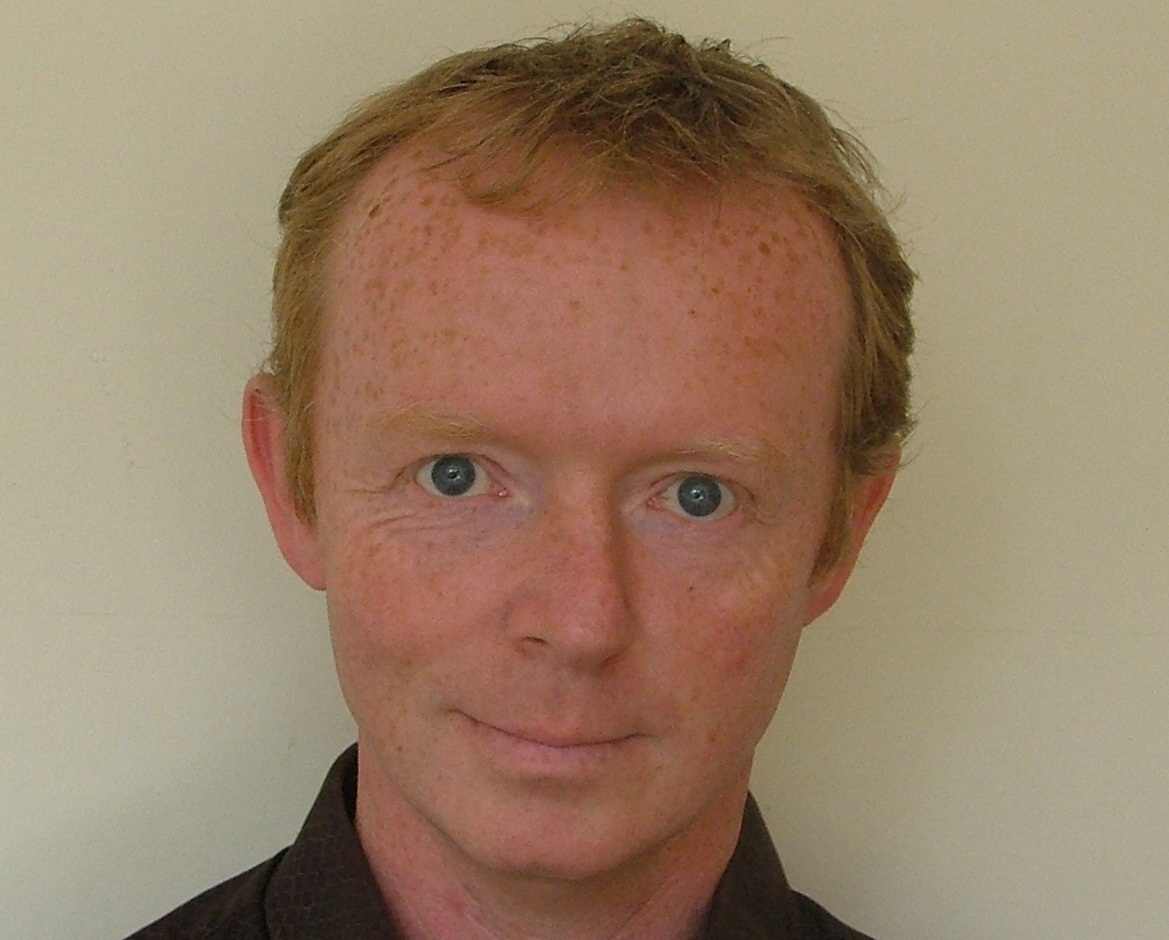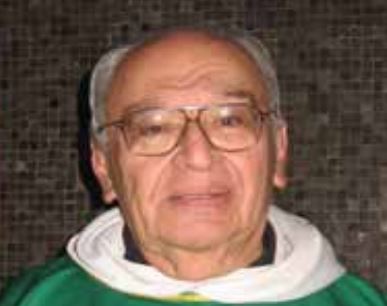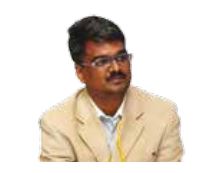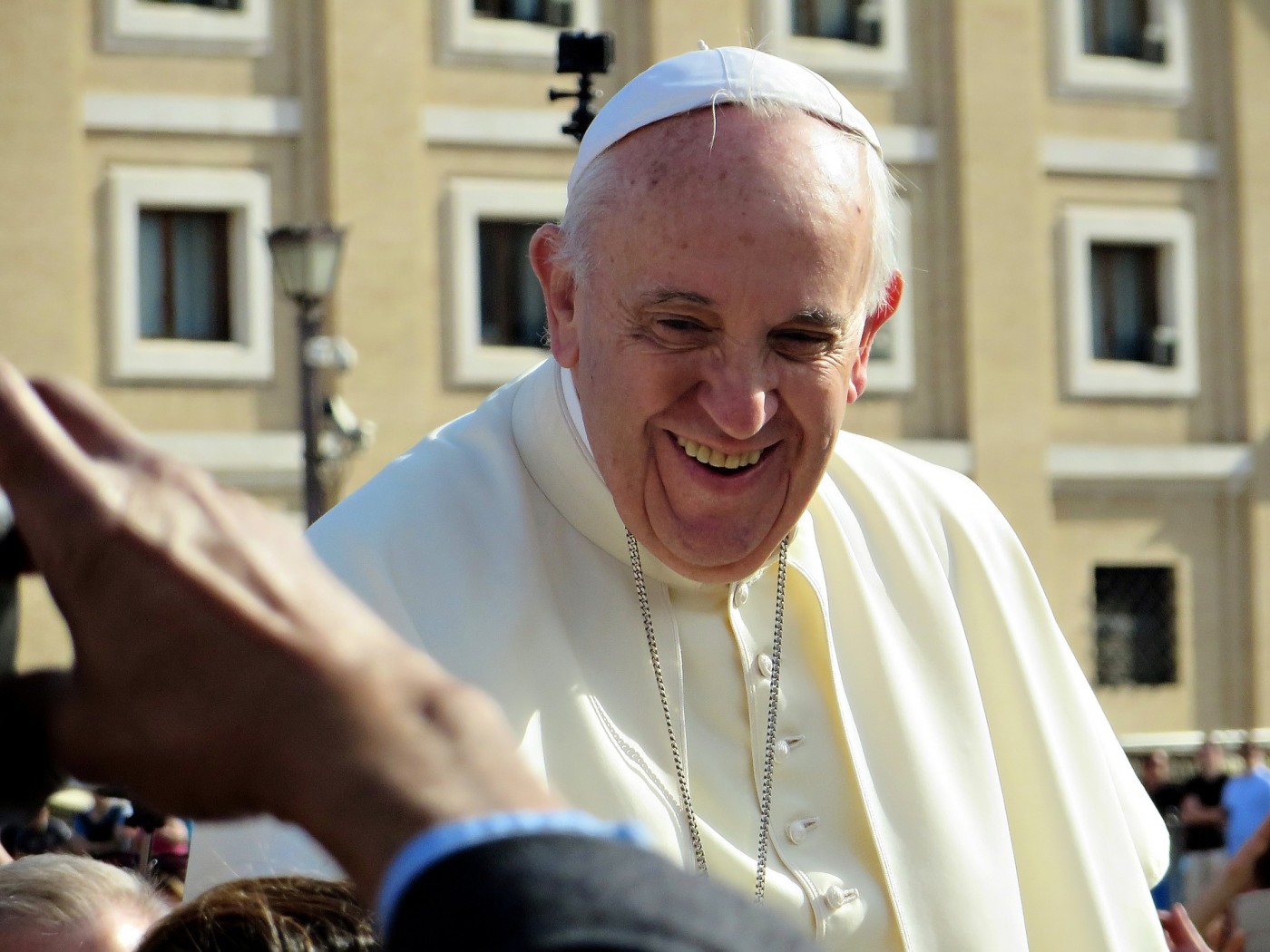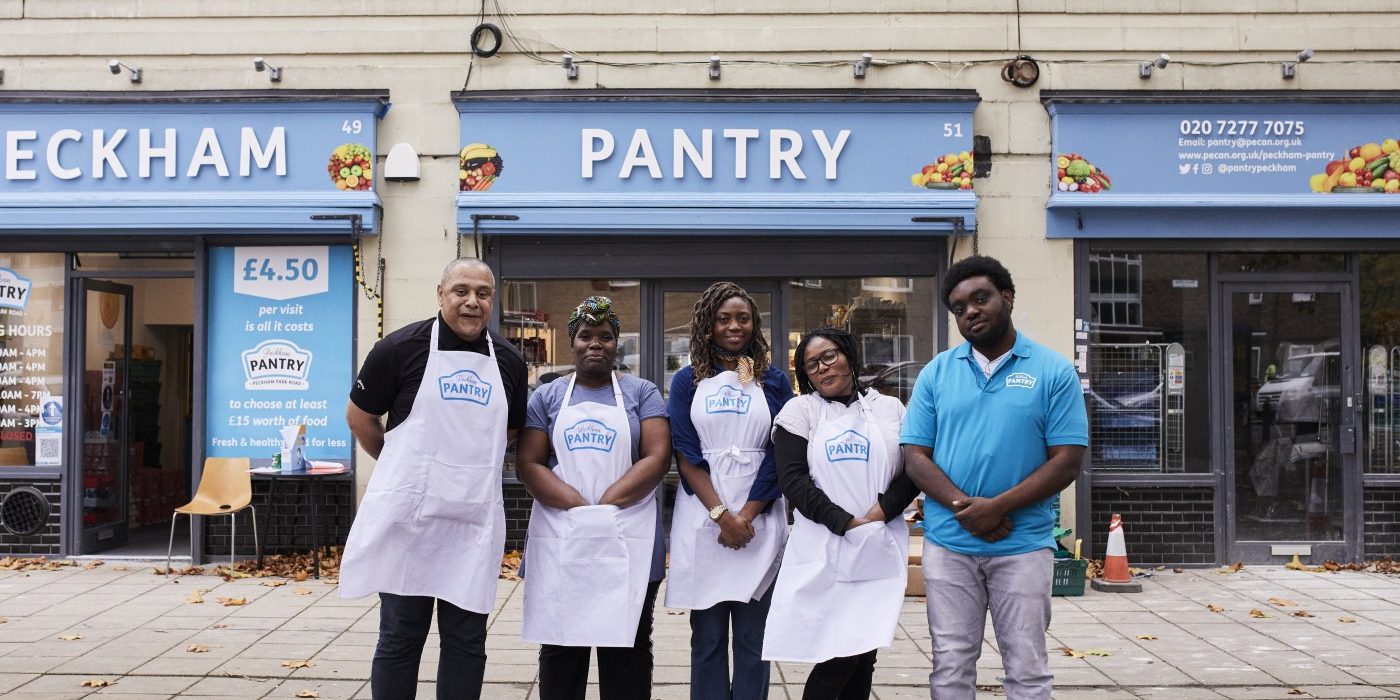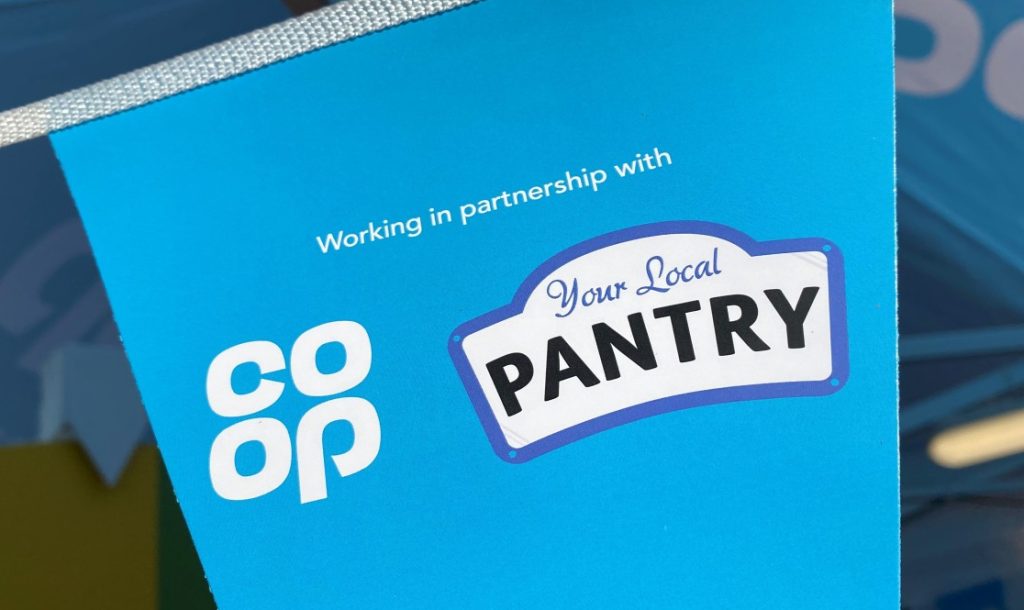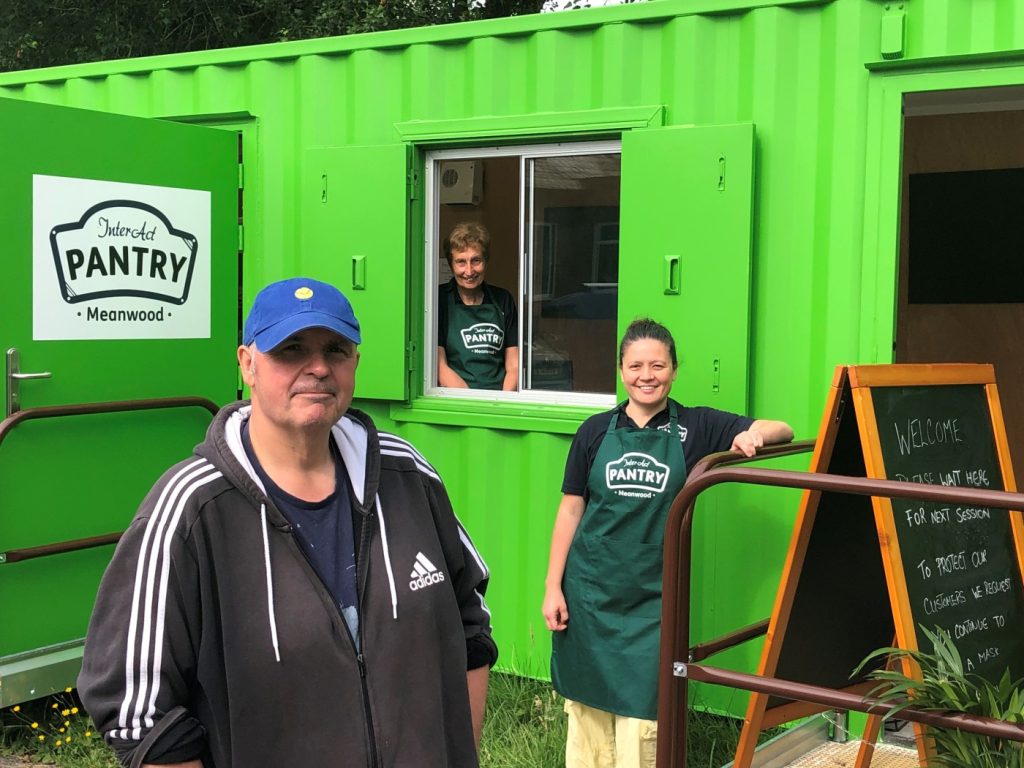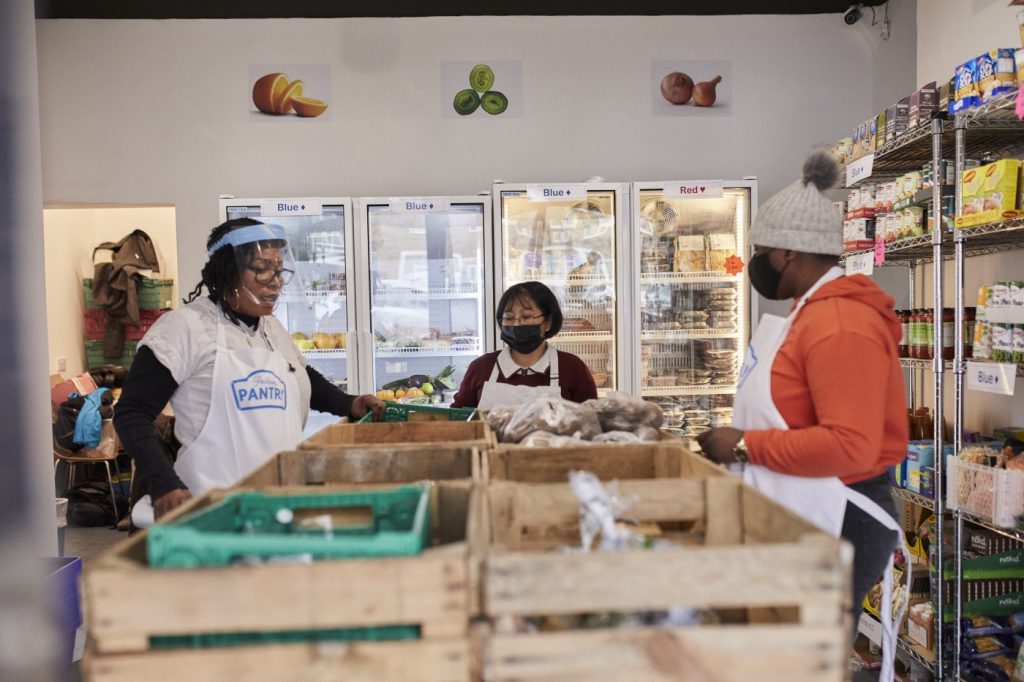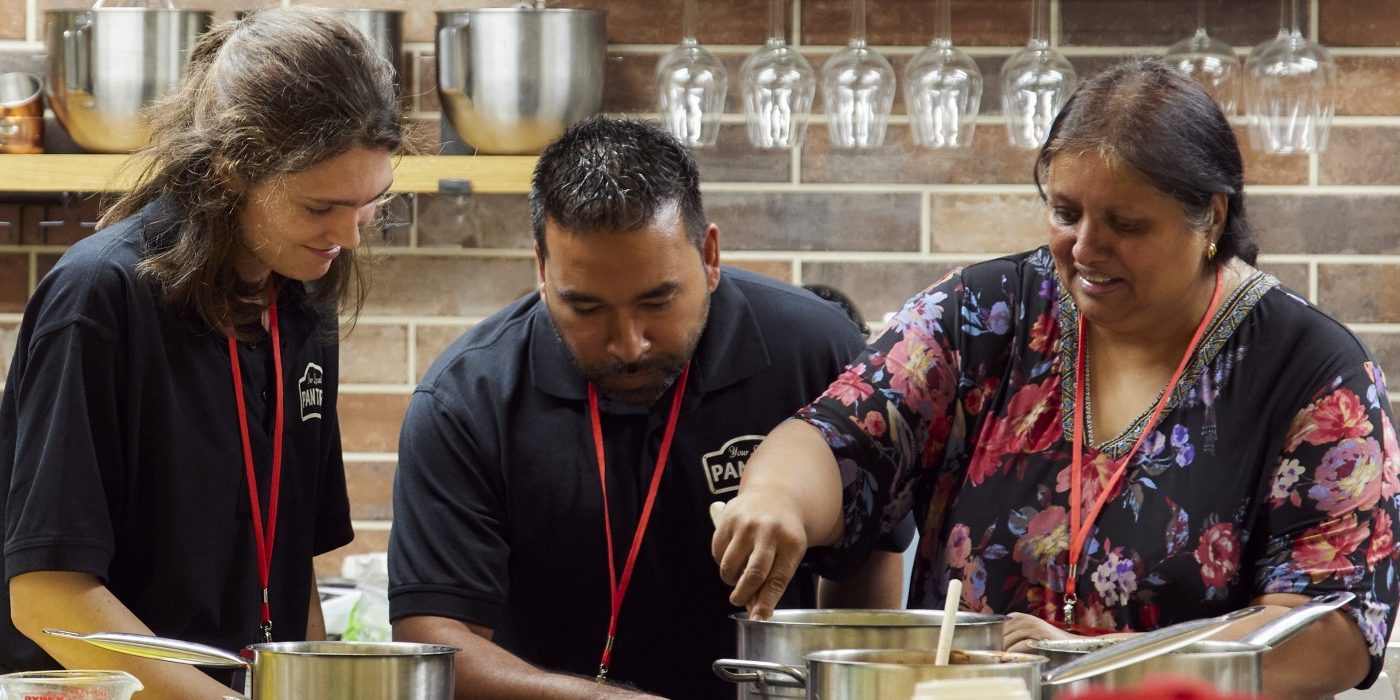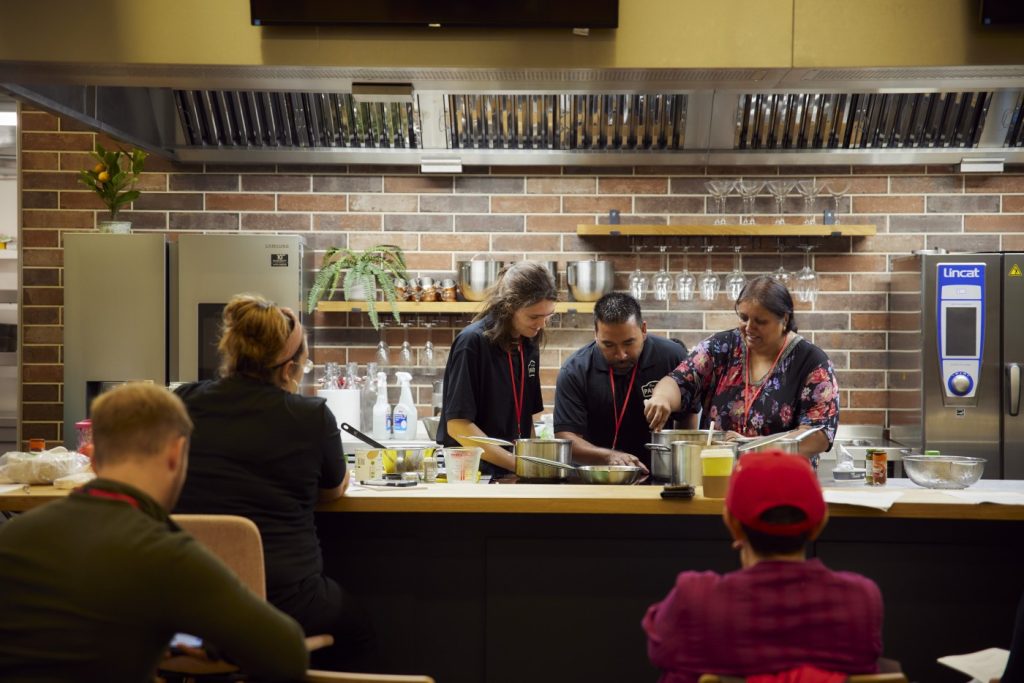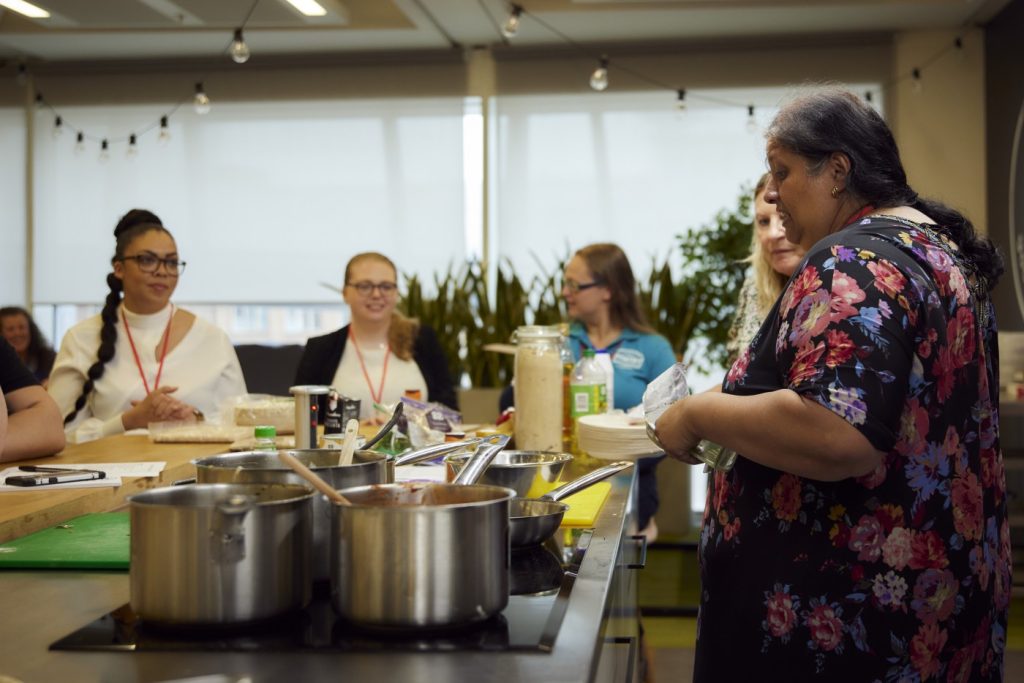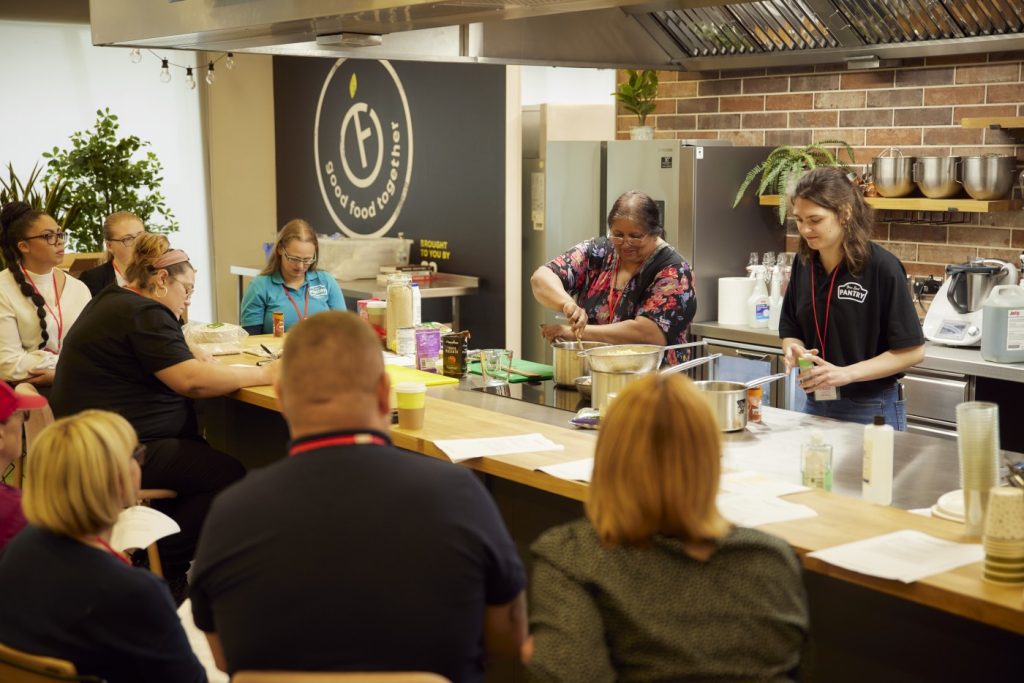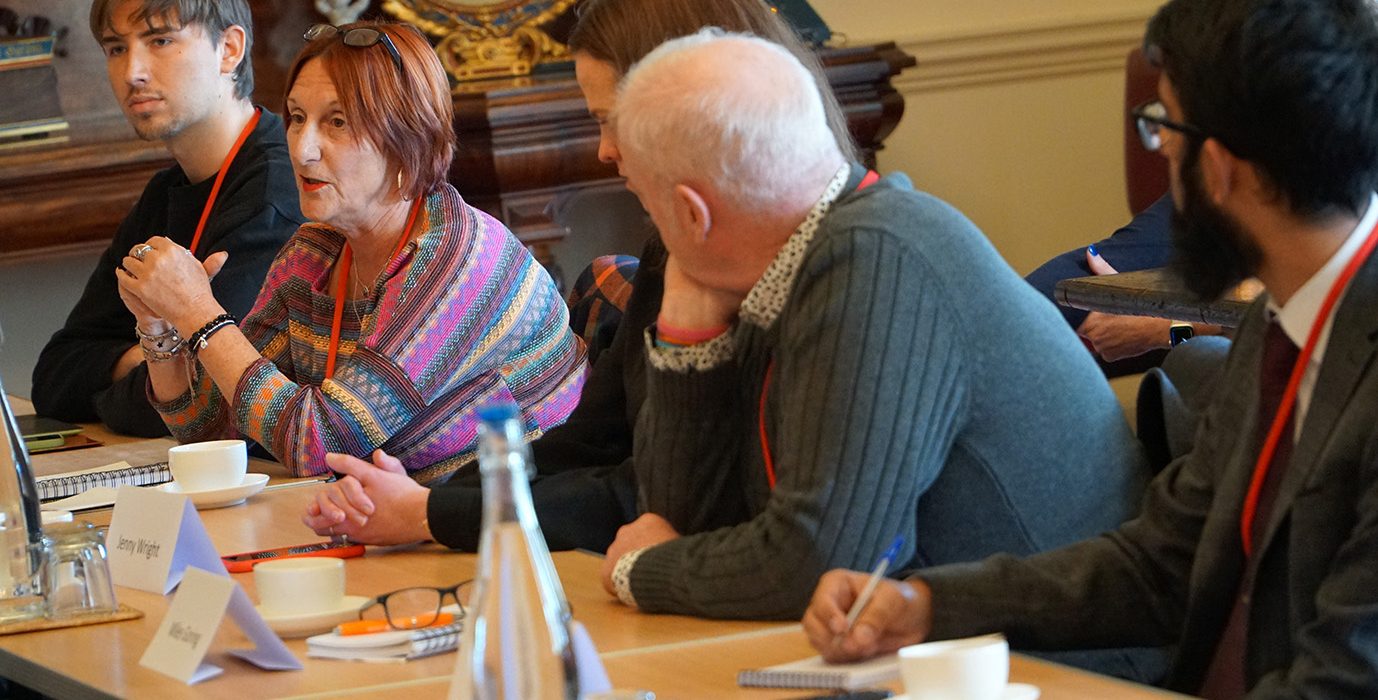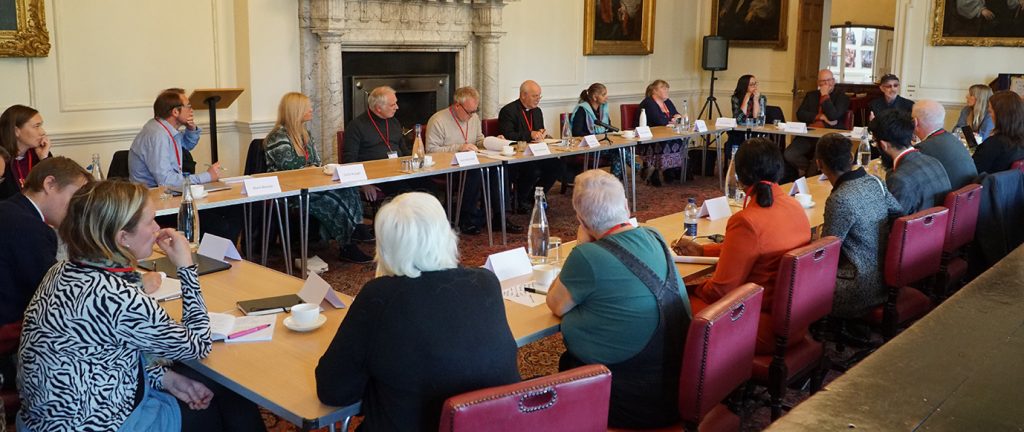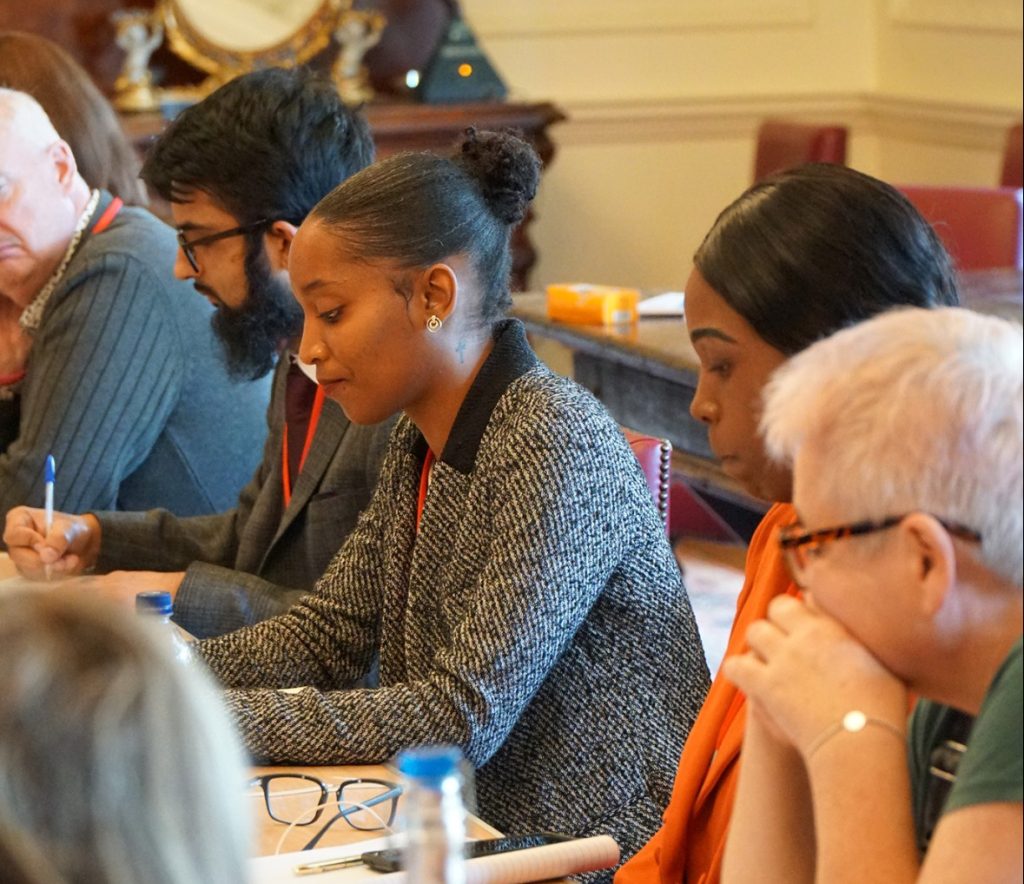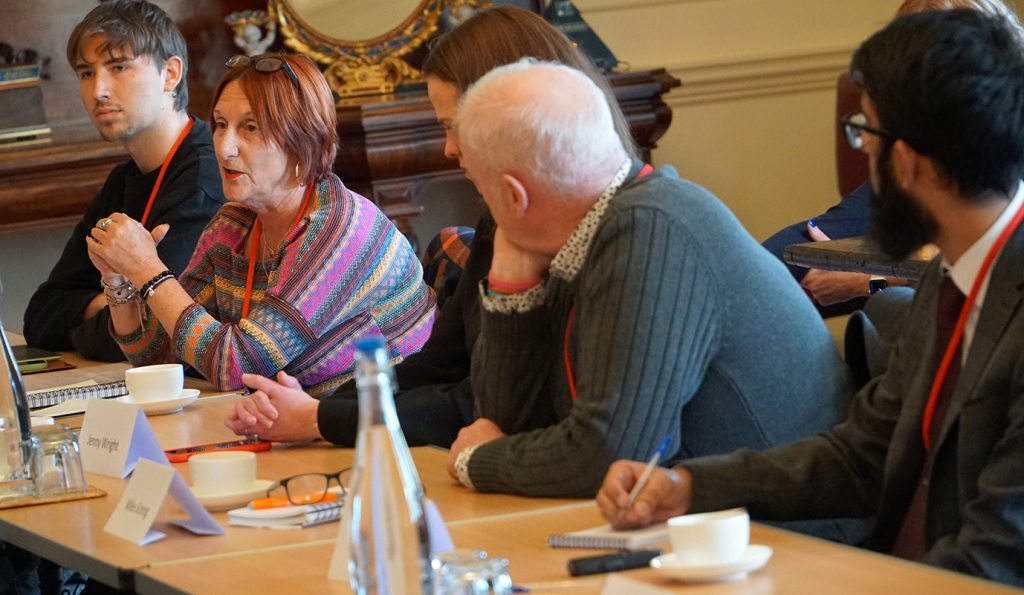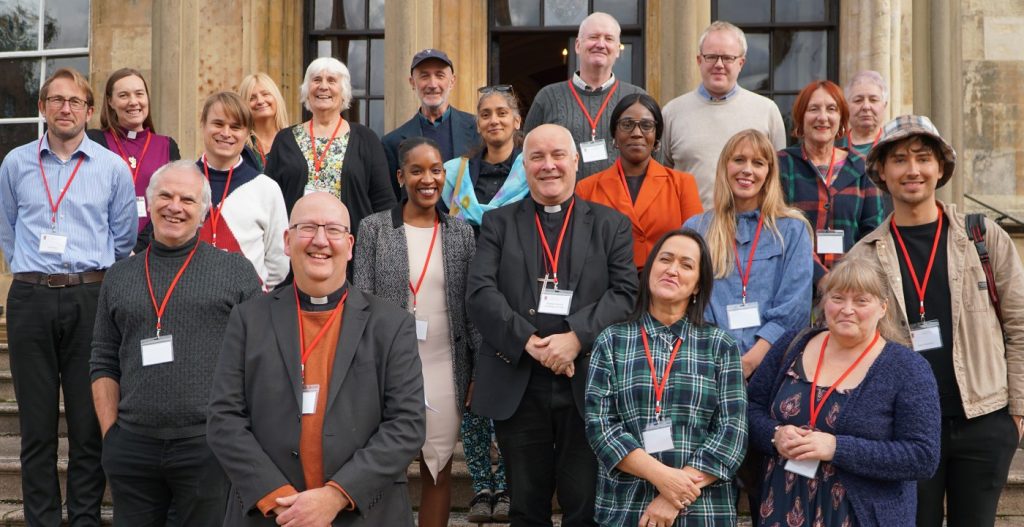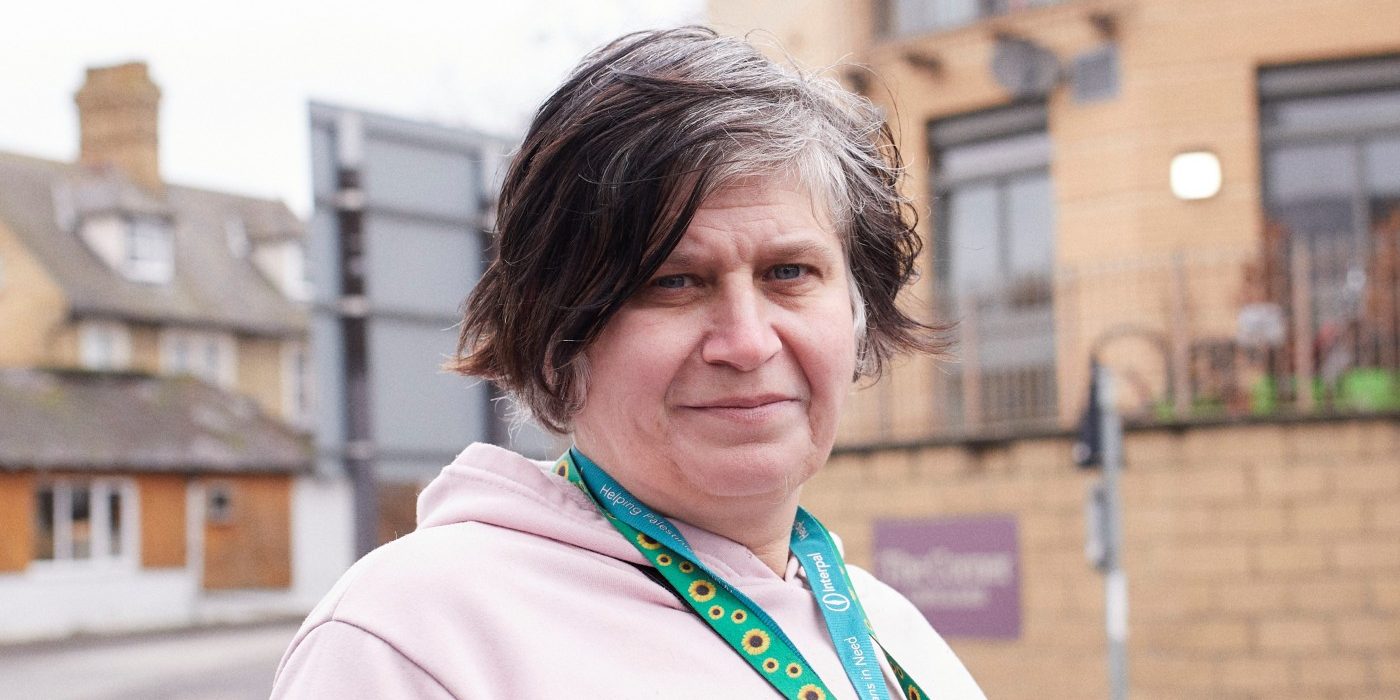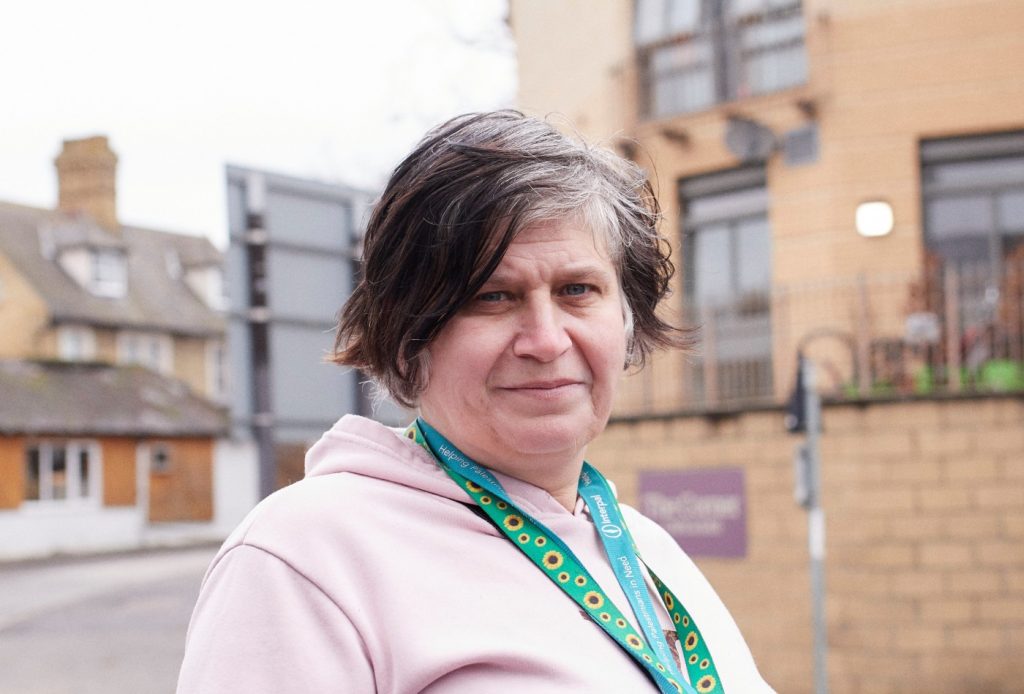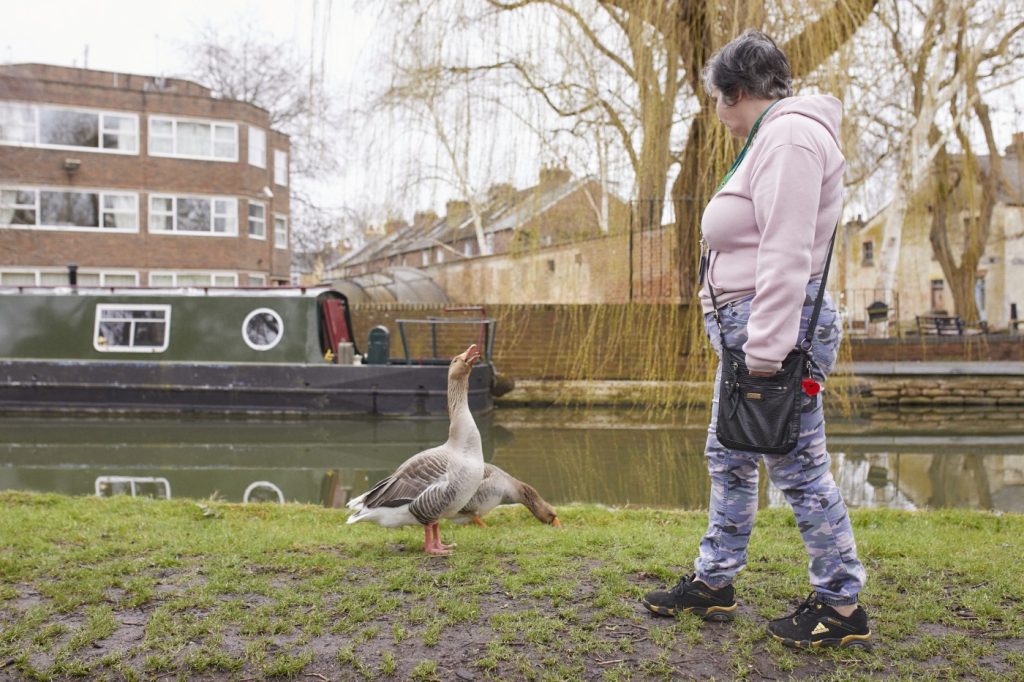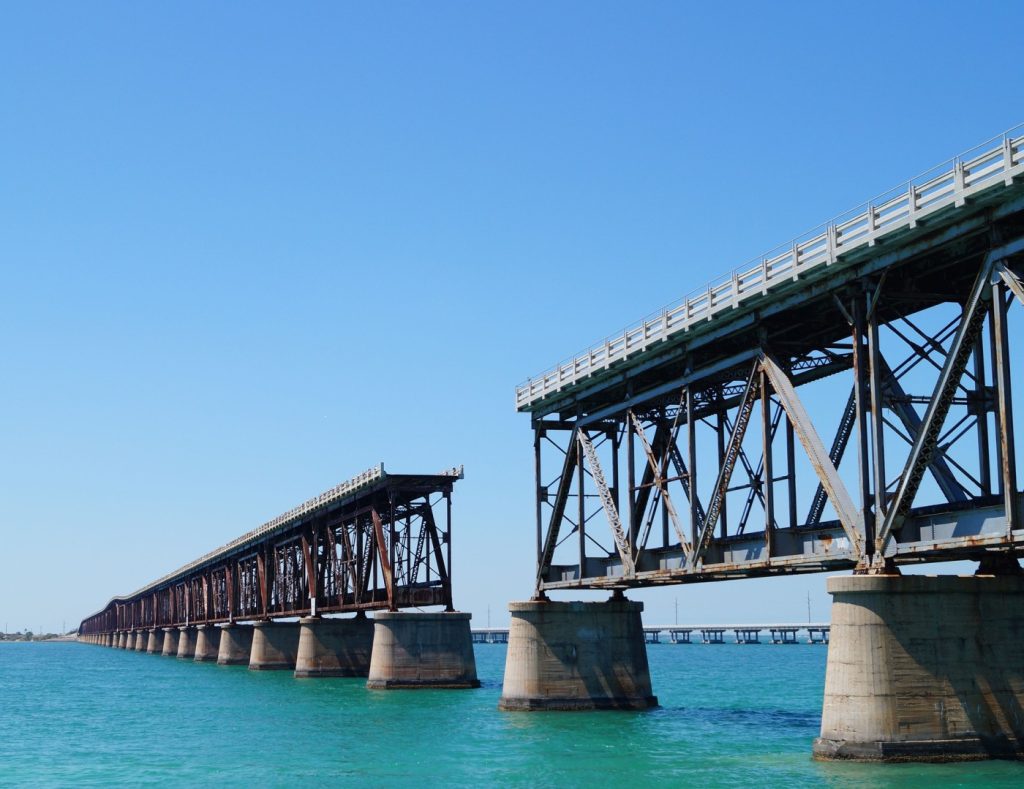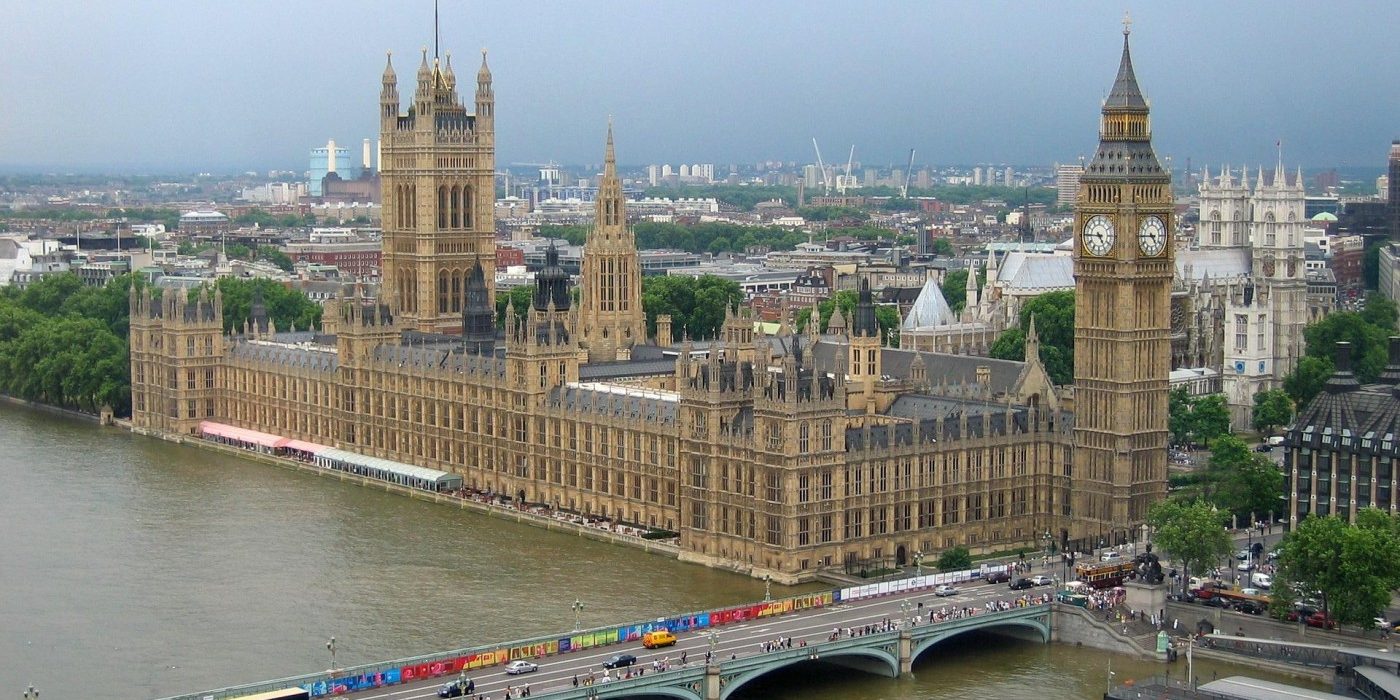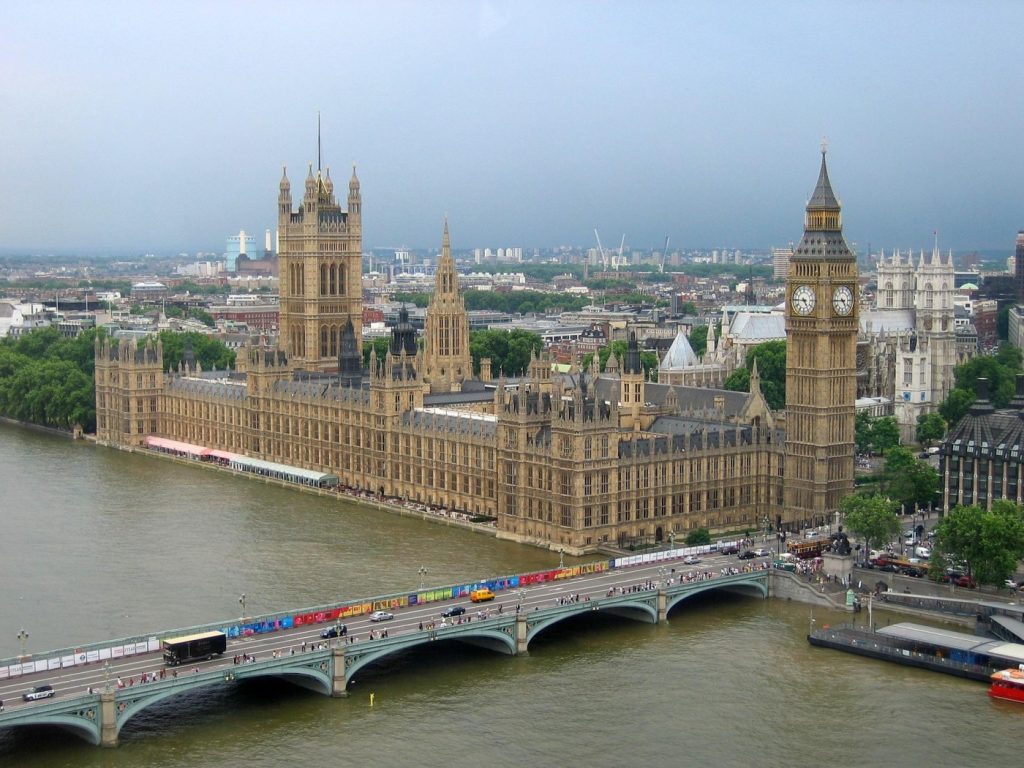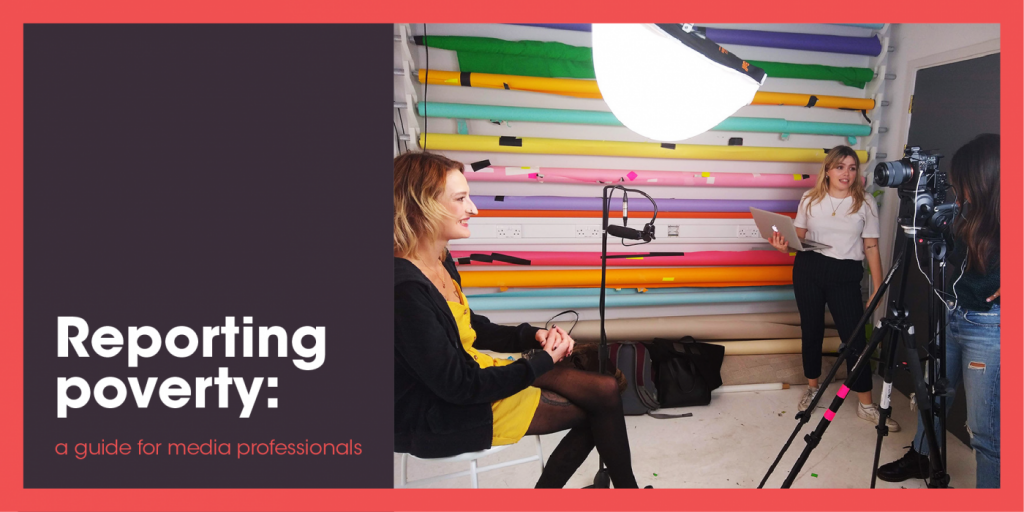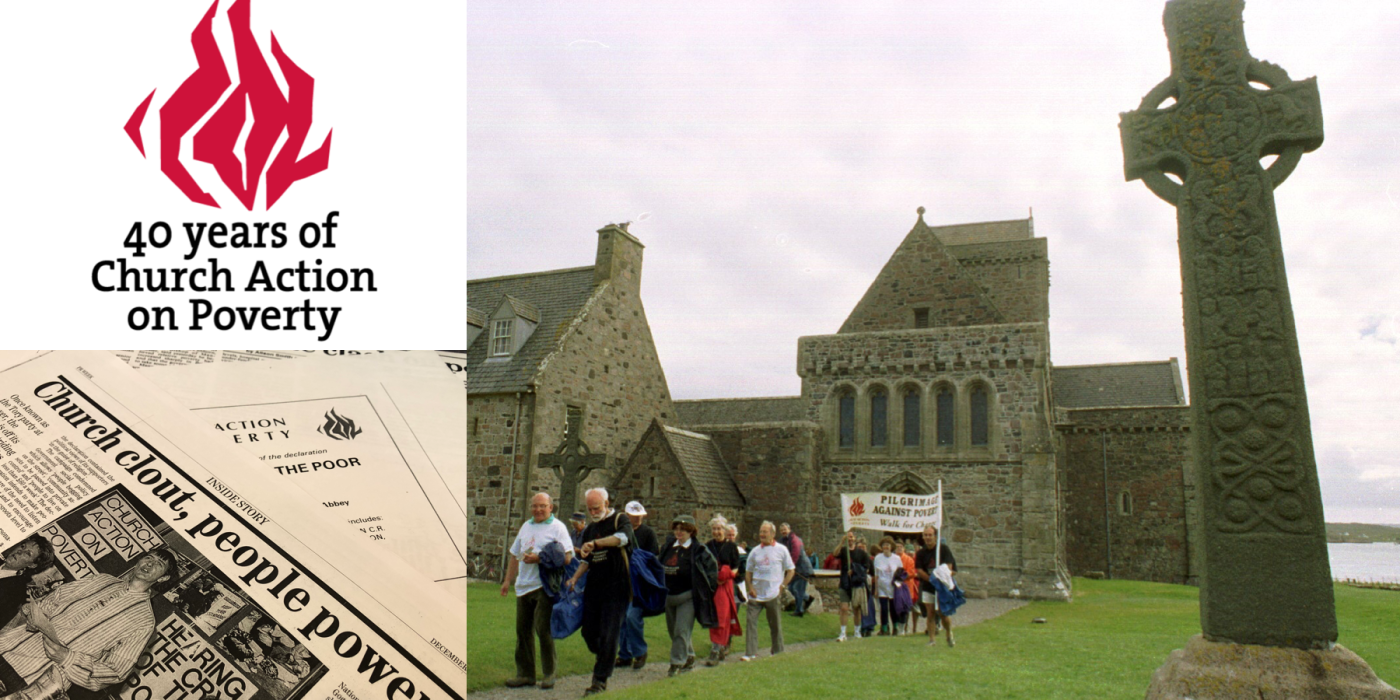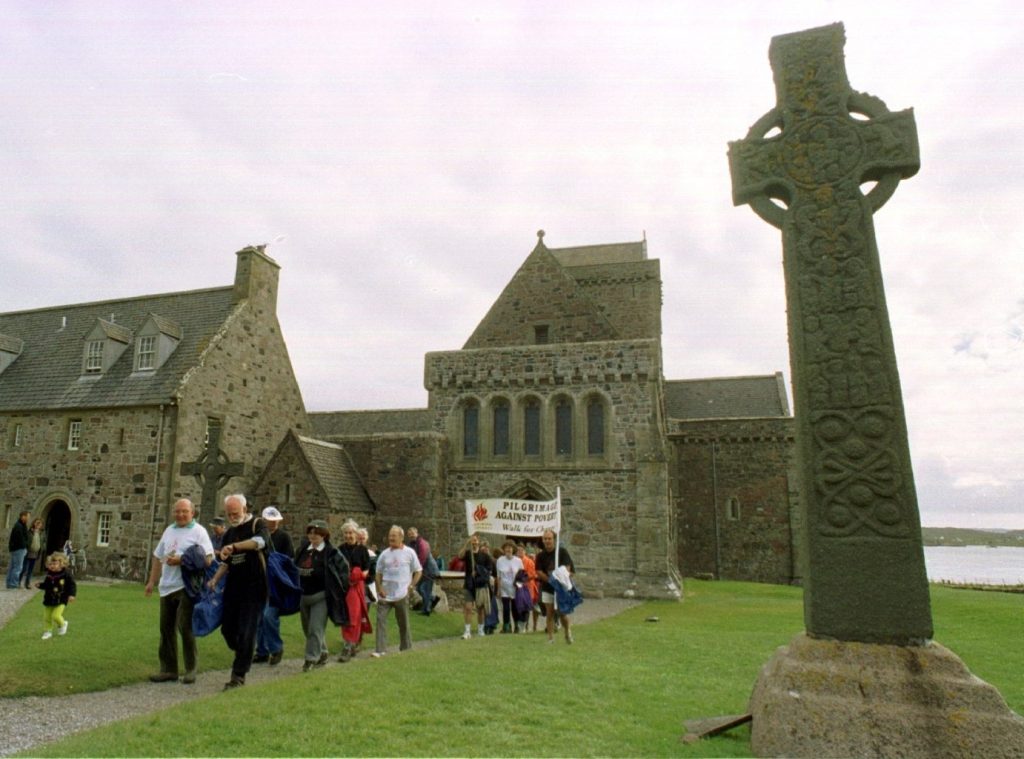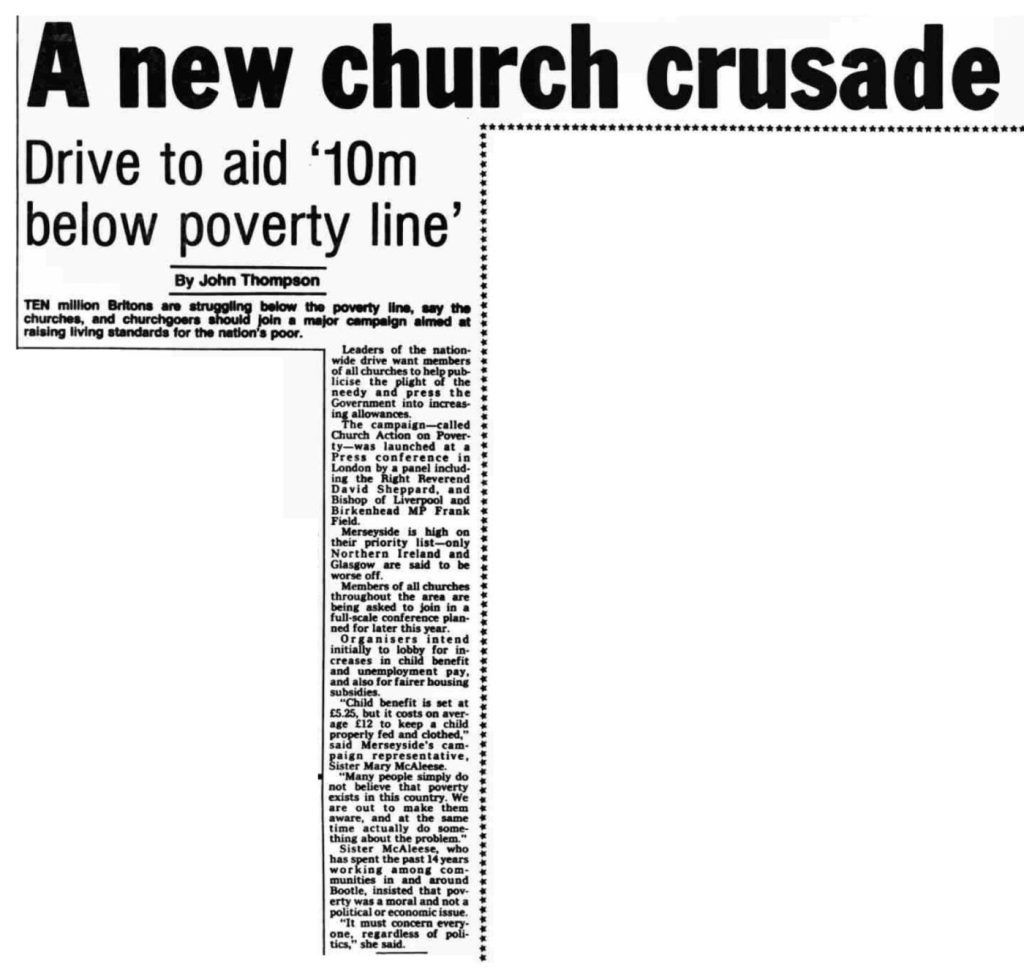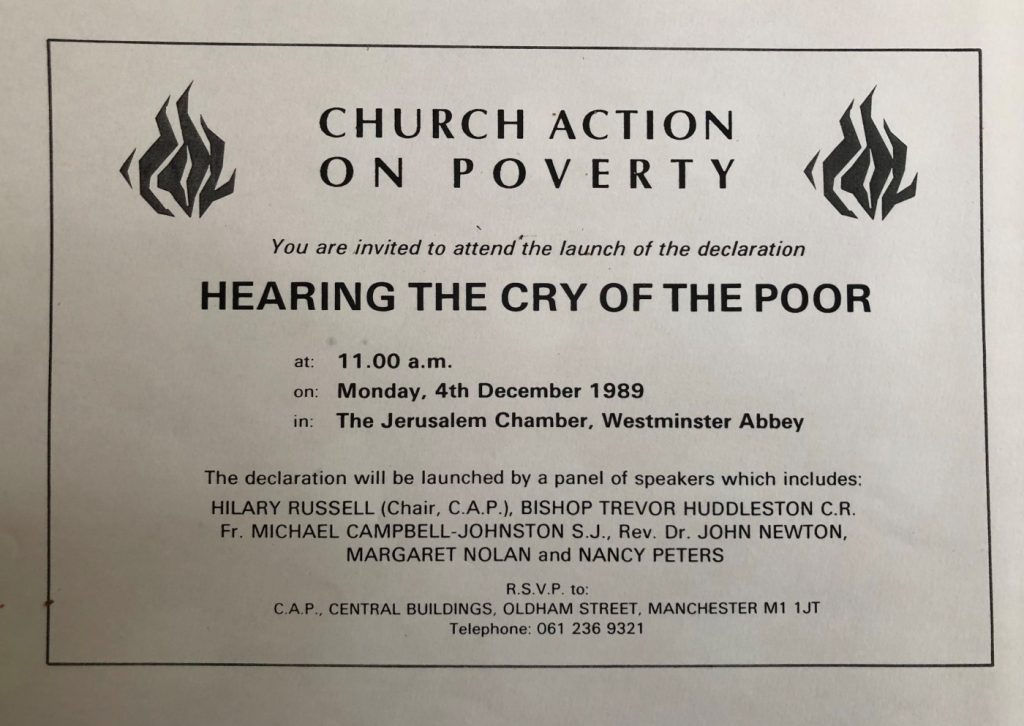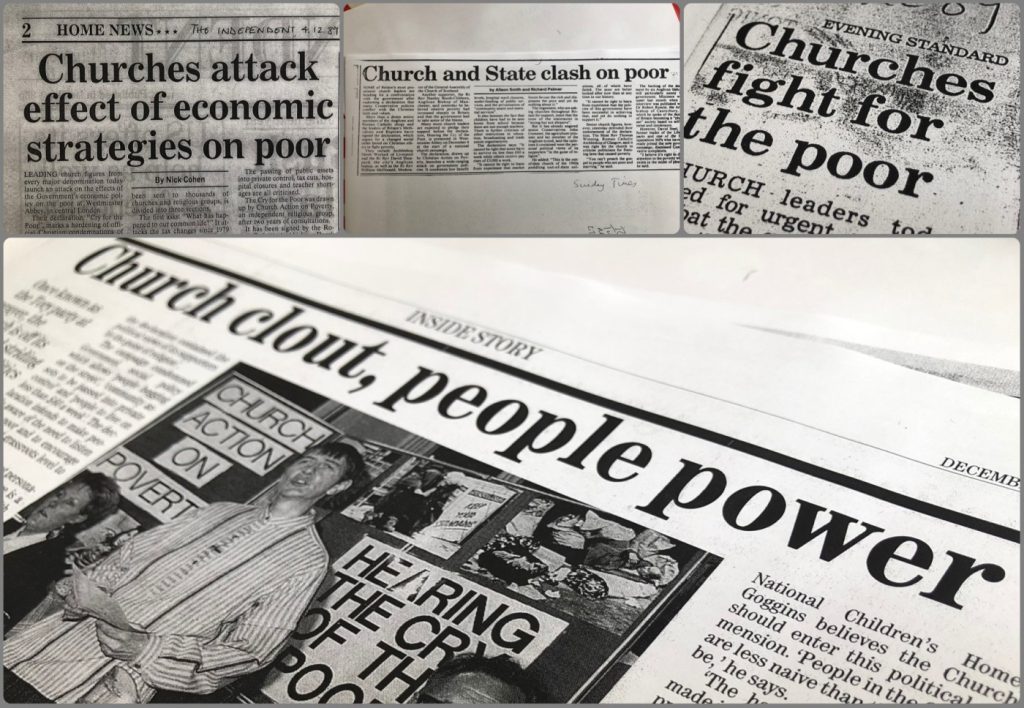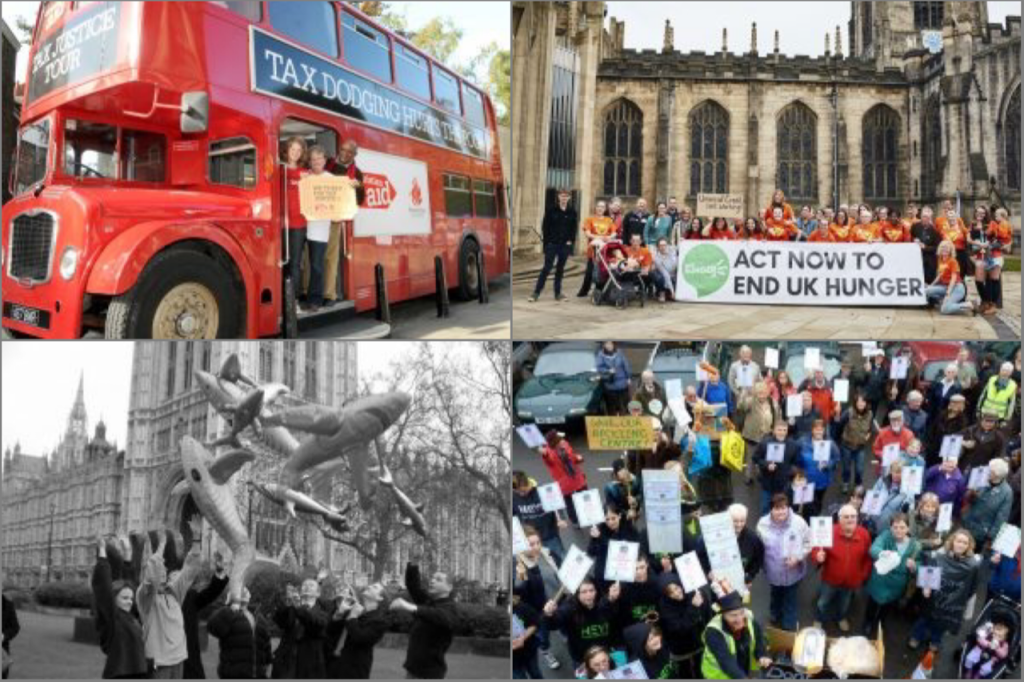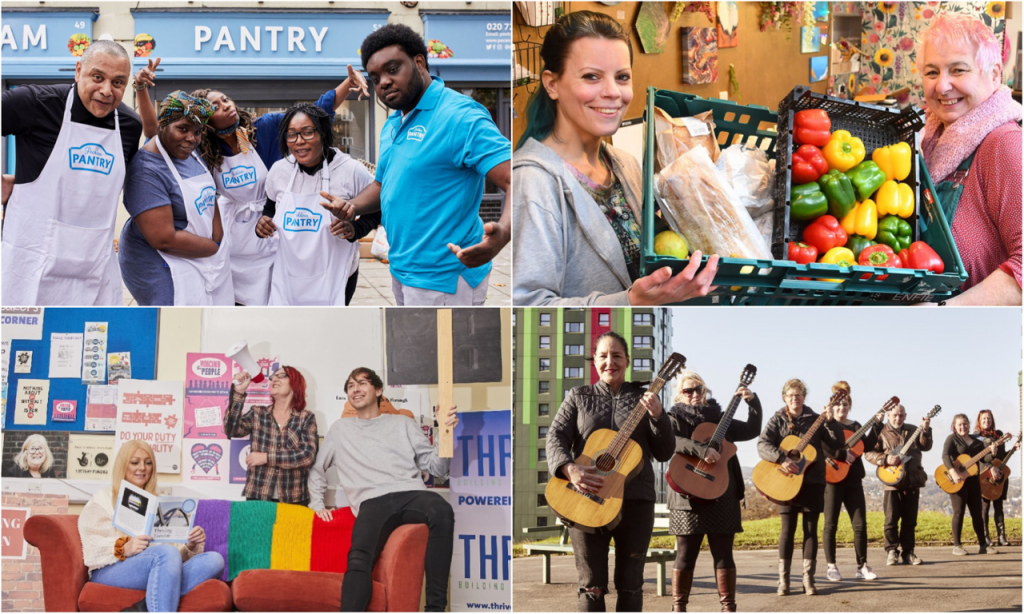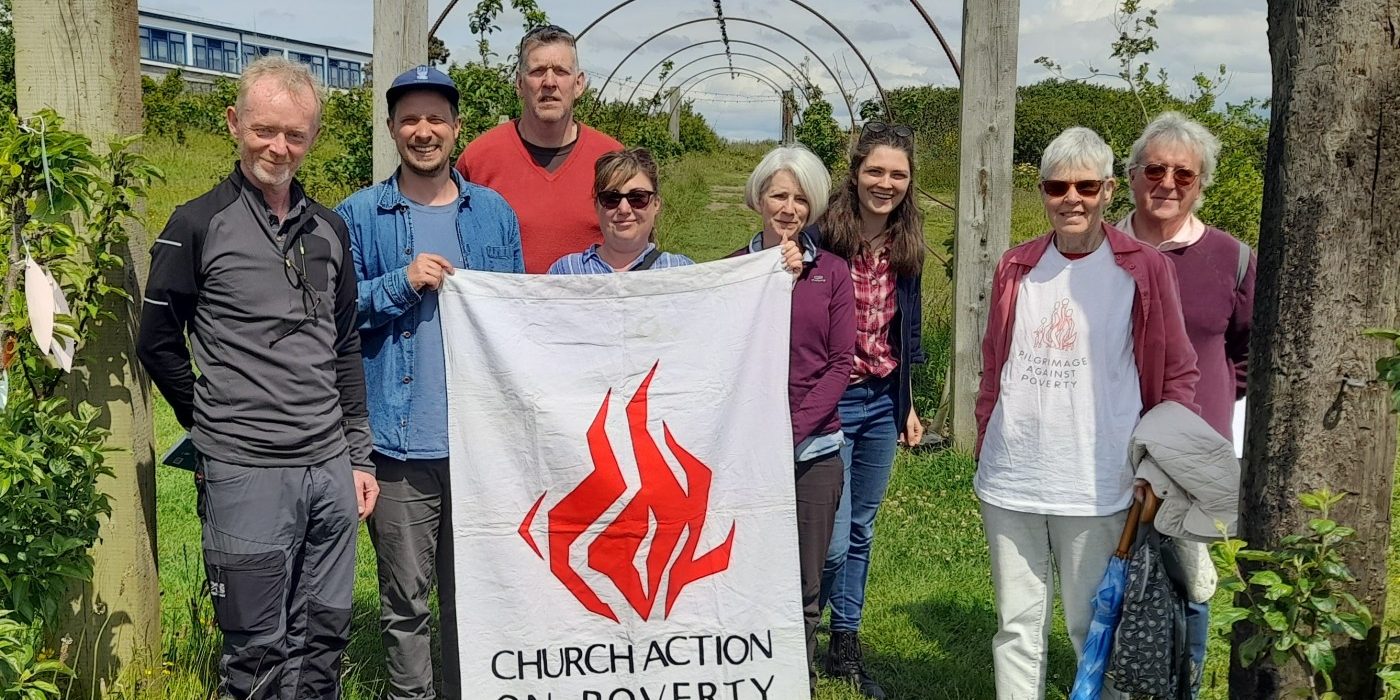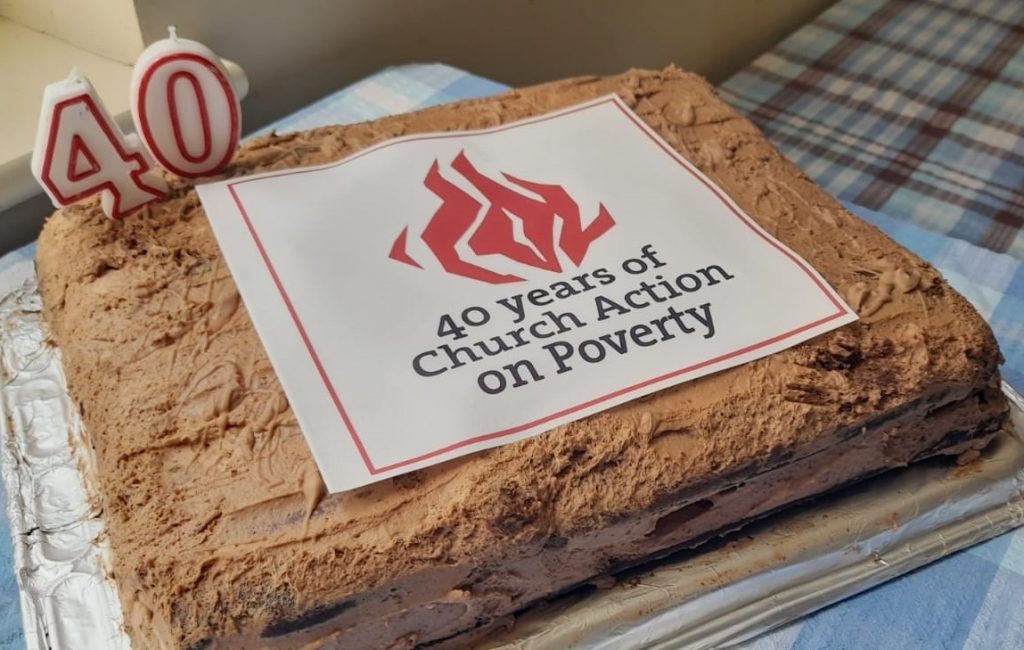The 2023 Budget was a divisive 'us and them' one, our panel members feel.
Members of the Speaking Truth To Power national panel met on Wednesday to watch the 2023 Budget and to discuss what it means.
Afterwards, the panel’s response to the Chancellor Jeremy Hunt’s statement was, overall, one of disappointment.
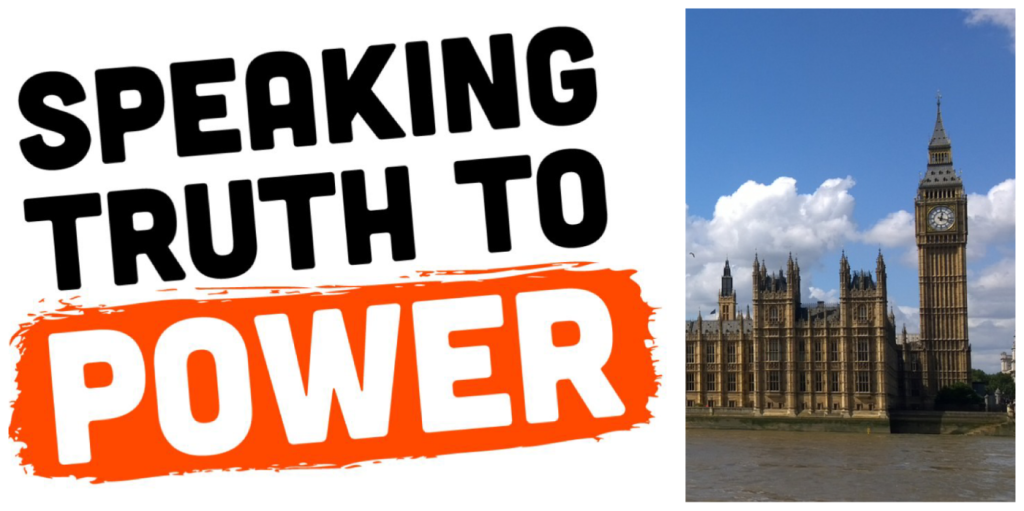
Some positives, much upset, and many missing messages
Some announcements were received positively, most notably the extension of free childcare, the removal of the excess charges for people on pre-payment utility meters.
But there was great concern and upset at news that:
- the unemployment support system will become even more punishing and inflexible
- the charity sector will have to plug even more gaps in vital public services
- pension reforms are likely to benefit the already wealthy rather than wider society
Here is a selection of what people said:
“They are reinforcing a political ideology on to poor people. It’s a harsher world, to get you into any form of work at all. I’m over 50 and am on Jobseeker’s Allowance, but I am threatened with sanctions for 11 different conditions. I get one month to find work in my profession, then am told to search for 35 hours a week for any work locally.”
“The assumption behind a lot of the benefit system is that people are lazy or not willing to seek a job, so must be coerced – it is just so unacceptable.”
“I have a disability, and it’s bad enough, but to then have this real scapegoating of people who cannot contribute more is just something else.”
“It’s a bit cheeky to claim that uprating benefits with inflation is a good-enough action when they have repeatedly refused to uprate benefits at all in a number of the last 13 years.”
“There are more disabled people in work because people in work became disabled and stayed in work. That’s not the same as people too sick/disabled to work moving into work.”
“Argh, no, there is no-one for whom sanctions need to be applied more harshly”…. “Sanctions mean cruelty as a general rule…and cost more to administer than they save.”
“The childcare change is good news. Childcare costs are such a barrier to going back to work, and even when working you can end up out of pocket. It’s women who are predominantly penalised – and the people making the changes are men, who do not understand the issue as well.”
“It still overall feels like an ‘us and them’ budget. The people who are poor are clearly seen as ‘them’ by the politicians.”
“Nothing was said about housing issues, about the rental sector, or young people.”
There was a lot of anger and concern that disabled people would be treated even worse than at present, with renewed pressure to force people who are unable to work to do so, while removing vital support systems.
Panel member Stef Benstead, whose book Second Class Citizens forensically charts successive Government’s mistreatment of disabled people, spoke about her own experiences and said she was anxious that disabled people could face further cuts to support, and more assessments that do not recognise the reality of people’s lives and situations.
Speaking Truth To Power
We had wanted the Chancellor to seize the moment to tackle the unjust systems that hold people and communities back, to ensure that incomes keep pace with soaring living costs, and to invest in the vital public systems that we all require.
The group wanted a Budget driven by a desire to create a just society, which truly listens to and heeds people in poverty and on the margins, and which works to support people being swept into deepest difficulty.
Key messages the Speaking Truth To Power panellists had hoped to see in the Budget included:
- Extending support on energy bills, and doing more to prevent the crisis from recurring
- Making childcare more accessible and affordable, to support low-income parents
- Creating opportunities for young people
- Removing flaws and cliff-edge thresholds in systems such as the carer’s allowance, which can punish people instead of enabling them
- Committing to serious investment in new social housing
- Increasing the living wage, to help low-income workers
On Wednesday, many of us gathered on Zoom to watch the Chancellor’s address to the House of Commons together, then to discuss it at length afterwards. We were also joined by a national newspaper journalist, who we have worked with over the years, to discuss the issues.


